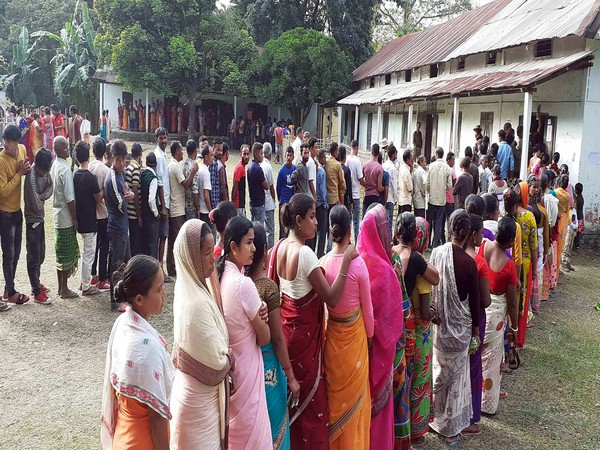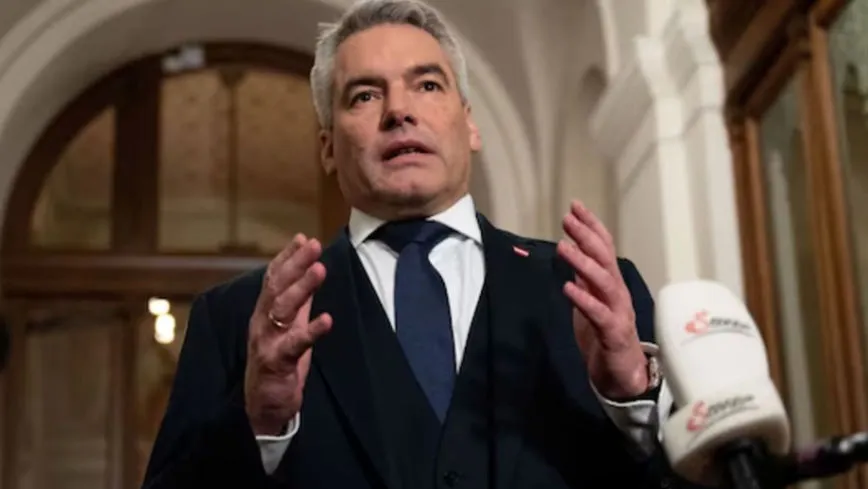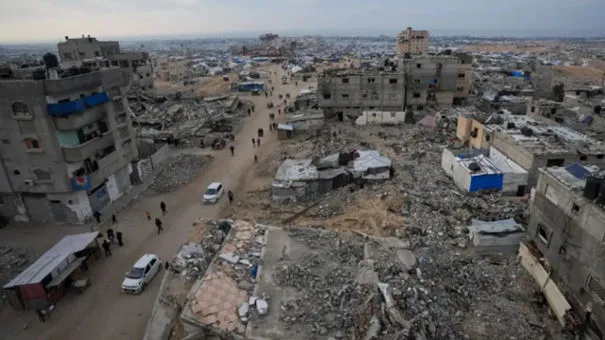The election dates for the Gujarat Legislative Assembly will be announced soon. The elections will not only affect the direction of India’s future politics but will also affect the socio-economic conditions and foreign capital investment. As Chief Minister and then Prime Minister, Narendra Modi, BJP and allies have given huge benefits of socio-economic transformation to the people. These are expected to benefit the BJP in the upcoming elections as well. But after being 27 years in power in the state, how much strength still it possess, will Congress be able to survive and how formidable will be the Aam Aadmi Party—are some questions that to be discussed threadbare. Congress’s ground has definitely weakened, but the grand old party’s roots are deep. The AAP is overly optimistic about the success of Punjab and is hoping for a miracle victory in Gujarat too.
The biggest impact of Gujarat’s election results will be on the next year’s 2023 elections in the neighbouring states of Rajasthan, Madhya Pradesh and Chhattisgarh. The question is whether a state like Gujarat is satisfied with its past performance of progress, or it would go wholeheartedly on future plans on economic development. Will it harp on caste equations or populist measures? There are many traps lying ahead.
In the last two decades, the fact is that Gujarat has outperformed the country on many economic parameters. Gujarat is a state with only 5% of the total population of the country, but its share of the country’s economic development is much higher than others. With a growth rate of $ 216.74 billion in 2020–2021, India has contributed 8.36% to the $2.59 trillion economy. Meaning, Gujarat has become the fifth largest state in terms of its share of India’s GDP.
Now Prime Minister Narendra Modi has set a target of a 5 trillion dollar economy. Gujarat’s politics, future government and rapid development in neighbouring states will also have an impact on the Lok Sabha elections to be held in 2024. In this election, the AAP is trying to make education and health the main issues. Whereas Gujarat is currently ranked fourth in the country in the quality of school education and the second largest university-state in the country with more than 100 universities. Gujarat is the first state to implement the New Education Policy 2020. Similarly, in the field of health and wellness, the state has been honoured first place several times at the national level. Nevertheless, with the expansion of modern education, technology, and medical facilities, dreams of rapid economic progress are being realised in cities as well as remote rural and regional areas. The real political test is in rural and tribal areas. Once Congress had stronghold in these areas. The BJP government has changed the condition of agriculture by bringing water from Narmada. People have been rejuvenated by giving subsidies for houses, domestic gas, Ayushman Bharat, agriculture etc. So it has to be seen how satisfied the people are and whether the AAP is able to extend its influence to the villages.
The vote percentage between the BJP and Congress in Gujarat during the last few years has been around 40-50. Committed votes remain between 35 and 36 percent. But the BJP is winning more and more seats. In direct competition, not only Gujarat but states like Madhya Pradesh, Rajasthan, and Chhattisgarh have to face more challenges. From this point of view, the BJP can get an indirect benefit of getting a few votes in spite of spoiling the atmosphere due to the very toxic election campaign of the AAP. In cities like Surat and Baroda, the hope of support for the party was seen from the crowd that came to see Arvind Kejriwal.
As a result of previous experience, victory and defeat are not decided by the crowds at election rallies, and they cannot be the sole basis of votes. Similarly, new parties have been defeated by making veteran leaders of the state, even former Chief Minister Keshubhai Patel and Shankar Singh Vaghela. The votes of the “Patidar” community are considered decisive, but not only for Keshubhai. Many leaders, including Babu Bhai Patel or Chiman Bhai Patel, and the parties under their leadership had to be defeated.
Keeping this aspect in mind, even after a very short time, the Modi-Shah duo handed over the responsibility of Chief Minister to Bhupendra Patel as a completely new face with extensive changes in the state cabinet. The interesting thing is that even after all the ministers were dropped, not a single insurgent came forward. As with the previous defence line, preparations for the election contest are being made with the help of volunteers from the Rashtriya Swayamsevak Sangh. But elections are no less than an ordeal. This election going to be held at the end of the year, the result and effect of this election will be seen in 2023.
The author is editorial director of ITV Network, India News and Dainik Aaj Samaj

















